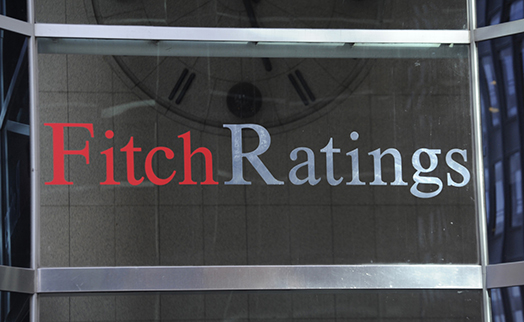29.06.2011 19:05

YEREVAN, June 29. /ARKA/. Support for market economy in Armenia grew dramatically in 2010, compared with 2006, European Bank for Reconstruction and Development and the World Bank say in their joint report, excerpts of which were provided to ARKA News Agency on Thursday.
According to the report, it rose from 35% in 2006 to 50% in 2010. Support for market economy rose also in Uzbekistan - from 45% in 2006 to 62% in 2010. Instead, it fell markedly in Albania, Latvia and Serbia.
For comparison, fewer than 30 per cent of UK respondents and less than a quarter of French voice unequivocal support for market economics.
“Support for democracy over any other form of government has grown strongly in Armenia, Uzbekistan, Tajikistan and Georgia, but in 11 countries, including some EU members, only 50 per cent or fewer respondents expressed a clear preference for democratic rule,” the report says. Support for democracy grew from 47% in 2006 to 85% in 2010.
According to the report, women’s employment level is far lower than that of men in countries with transitional economies.
“The picture varies across the region: women are most likely to have worked in central European countries and least likely to have done so in southern European ones,” the report says. “Within the CIS, however, the differences are even more marked – up to 70 per cent of Russian women reported having worked in the year prior to the survey, compared to around a quarter of women in Armenia, Azerbaijan and Tajikistan.”
The Life in Transition Survey, conducted jointly by the European Bank for Reconstruction and Development and the World Bank in late 2010, surveyed almost 39,000 households in 34 countries - from Britain to the Balkans; from Albania to Uzbekistan; from France in the west to as far east as Mongolia. The Survey provides vivid evidence of precisely how lives have been affected by the global economic crisis and its aftermath. The aim is to gain a better understanding of how citizens, primarily of former communist countries, have been affected by the recent crisis as well as the two decades of social, political and economic transition following the fall of the Berlin Wall. To put the answers in context, the same questions were asked in five western European countries – Britain, France, Germany, Italy and Sweden. -0-
Read the news first and discuss them in our Telegram
Tags:































